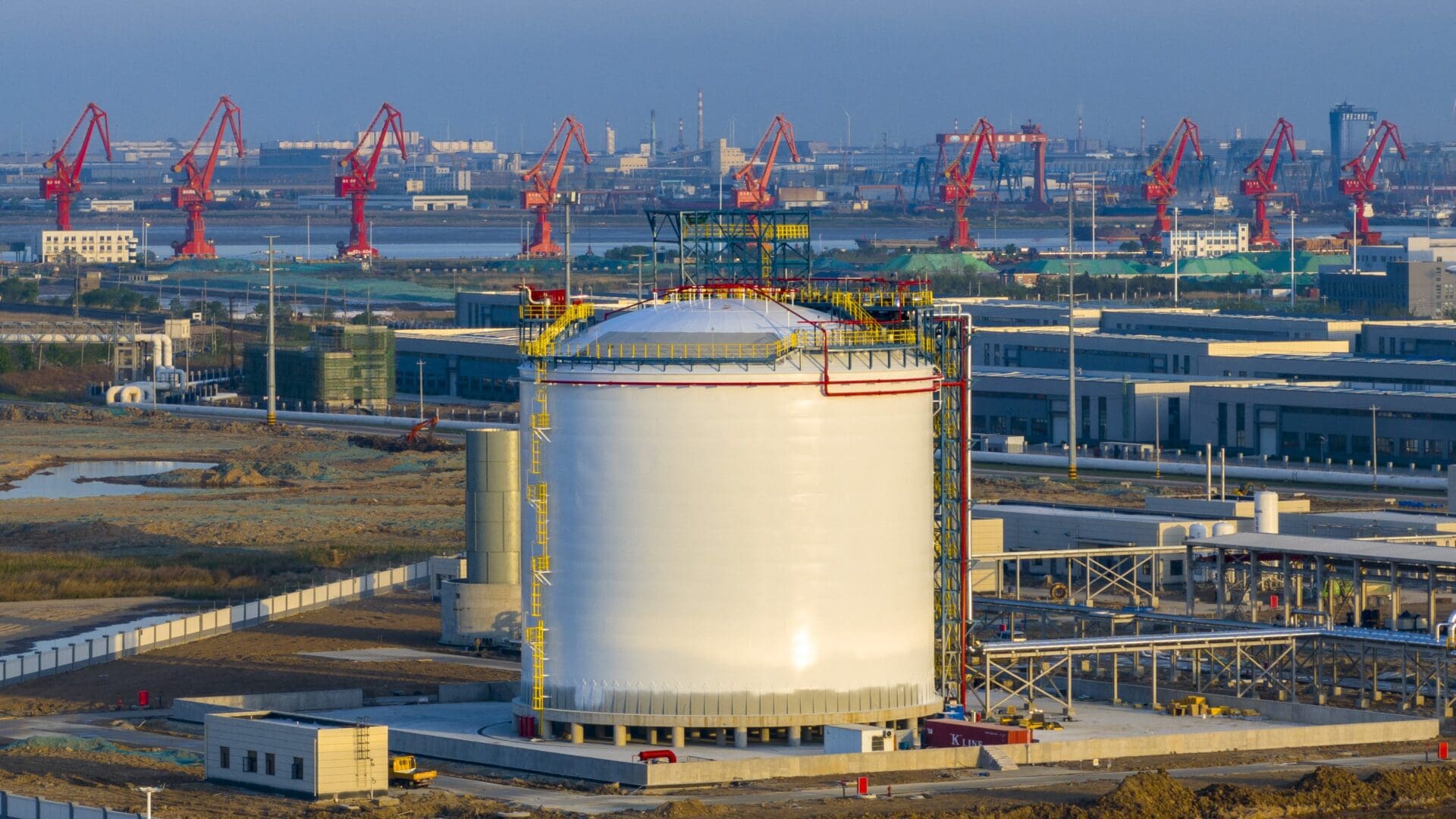Hungary is ready to block European Union sanctions on Russian liquefied natural gas (LNG) if they threaten to destabilize the European energy market and increase prices, POLITICO reported citing people familiar with the topic. ‘We are going to analyze the package but do not support anything that might have a negative impact on [the] EU gas market,’ Hungarian official said during a meeting of EU ambassador on Wednesday last week, according to two diplomats with knowledge of the discussions.
According to POLITICO, the proposed sanctions would bar EU countries from re-exporting Russian liquefied natural gas (LNG), potentially depriving Moscow of significant profits. However, these sanctions would not halt EU purchases of Russian gas.
Hungary is not alone in its reservations about the new sanctions package:
France, Germany, Italy, Spain, and other countries have requested more detailed information
before pledging their support to the European Commission.
Last week, the Commission proposed sanctions on Russian LNG, marking a departure from its initial strategy since the start of the war, which primarily targeted oil, coal, and other fossil fuels. Brussels had compelling reasons for not sanctioning Russian LNG until now: the largest Western European countries heavily depend on it. As POLITICO notes, France, Spain, and Belgium have been the primary hubs for importing Russian LNG, a significant portion of which is then re-exported to countries including Germany and Italy. This dependency explains why these countries, along with Hungary, are hesitant to support the new sanctions proposal.
Immediately after the circulation of the new sanctions package started last week, the Hungarian government reiterated its longstanding position—unchanged since the war began—that it does not view punitive measures against the Russian energy sector as appropriate. ‘Hungary considers all sanctions affecting the energy sector harmful, as they greatly limit European competitiveness and lead to price increases and supply risks,’ Hungarian Ministry of Foreign Affairs and Trade spokesperson Máté Paczolay stated.
Hungarian Minister of Foreign Affairs and Trade Péter Szijjártó made similar comments in Moscow last year, insisting that Hungary’s energy security ‘requires uninterrupted transportation of gas, oil and nuclear fuel.’ ‘To meet these three conditions, Hungarian-Russian energy cooperation must be uninterrupted. It has nothing to do with political preferences,’ Szijjártó underlined.
However, the proposed sanctions would
only impact a quarter of the profits from the Russian LNG sector,
and thus are unlikely to meet expectations of halting Russia’s war efforts. Previous energy sanctions have seen Moscow successfully circumvent restrictions via intermediary countries, resulting in minimal profit loss for the country. However, there is one aspect of the new sanctions that could cause Moscow a major headache: if Russian LNG ships are banned from European ports, Russia would be forced to rely on special icebreakers to navigate through the Arctic Ocean to transport gas to Asia. This would necessitate a substantial reallocation of resources, which could strain Moscow’s capabilities.
Related articles:








